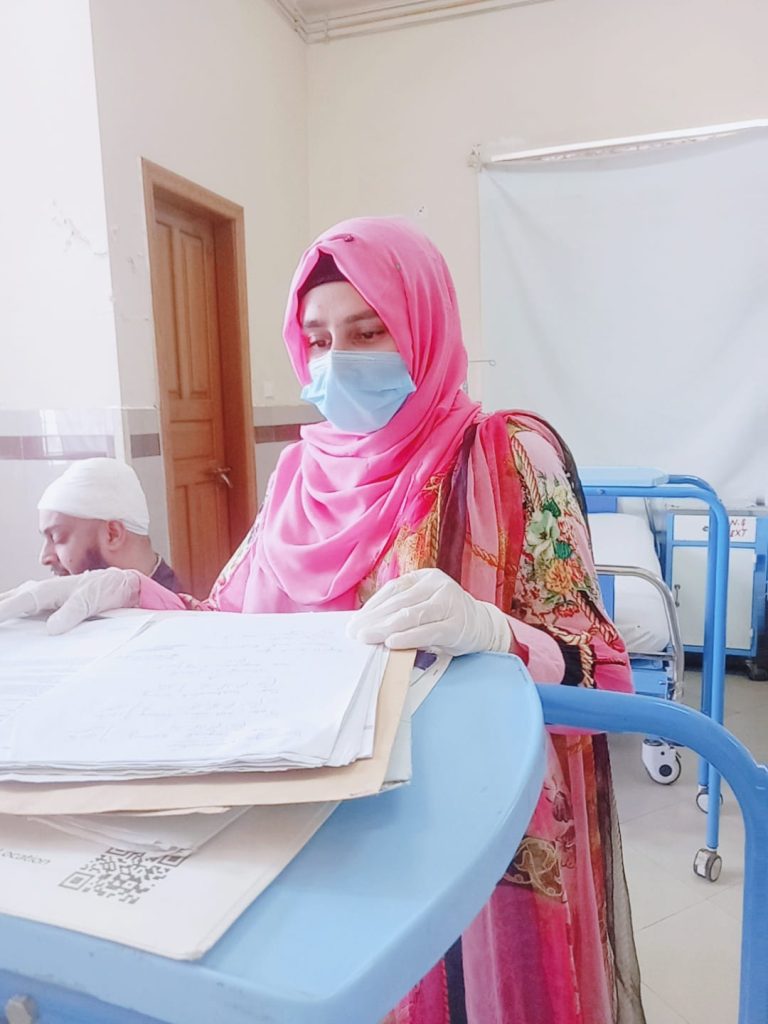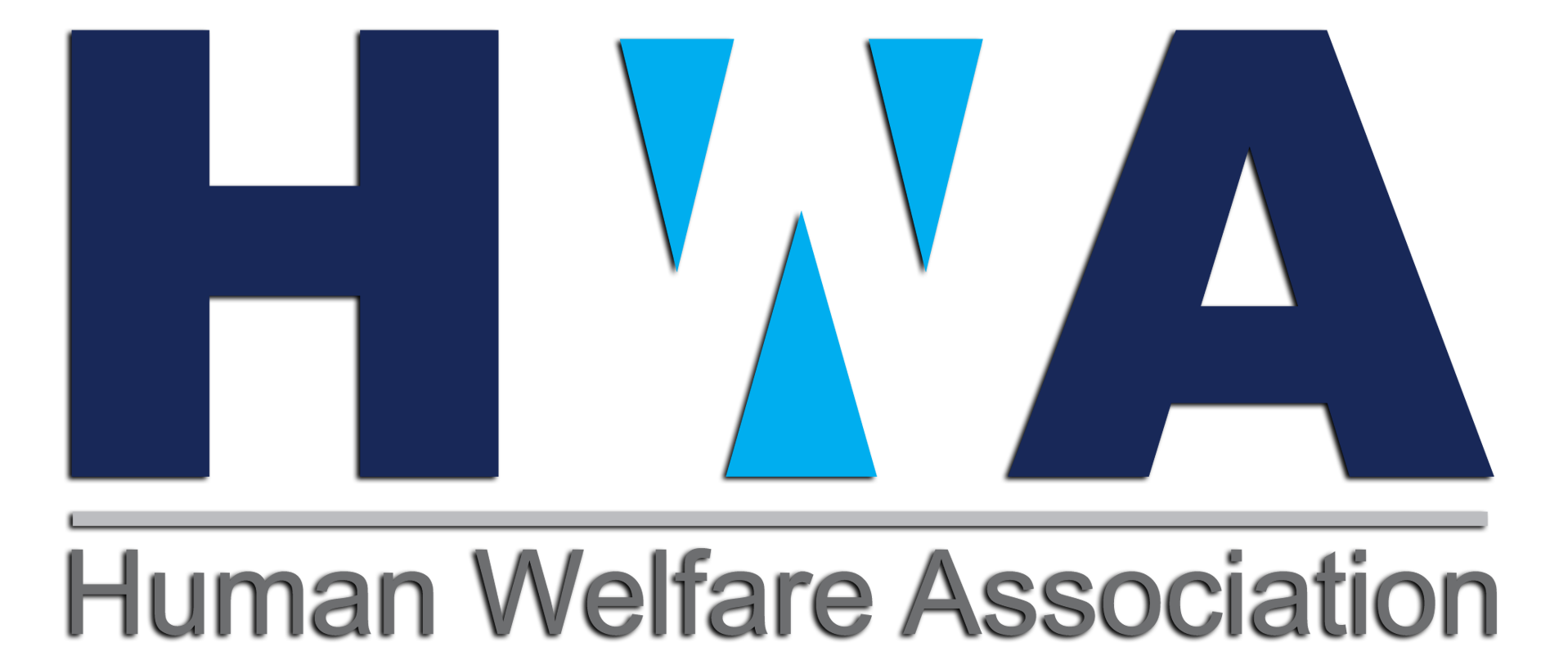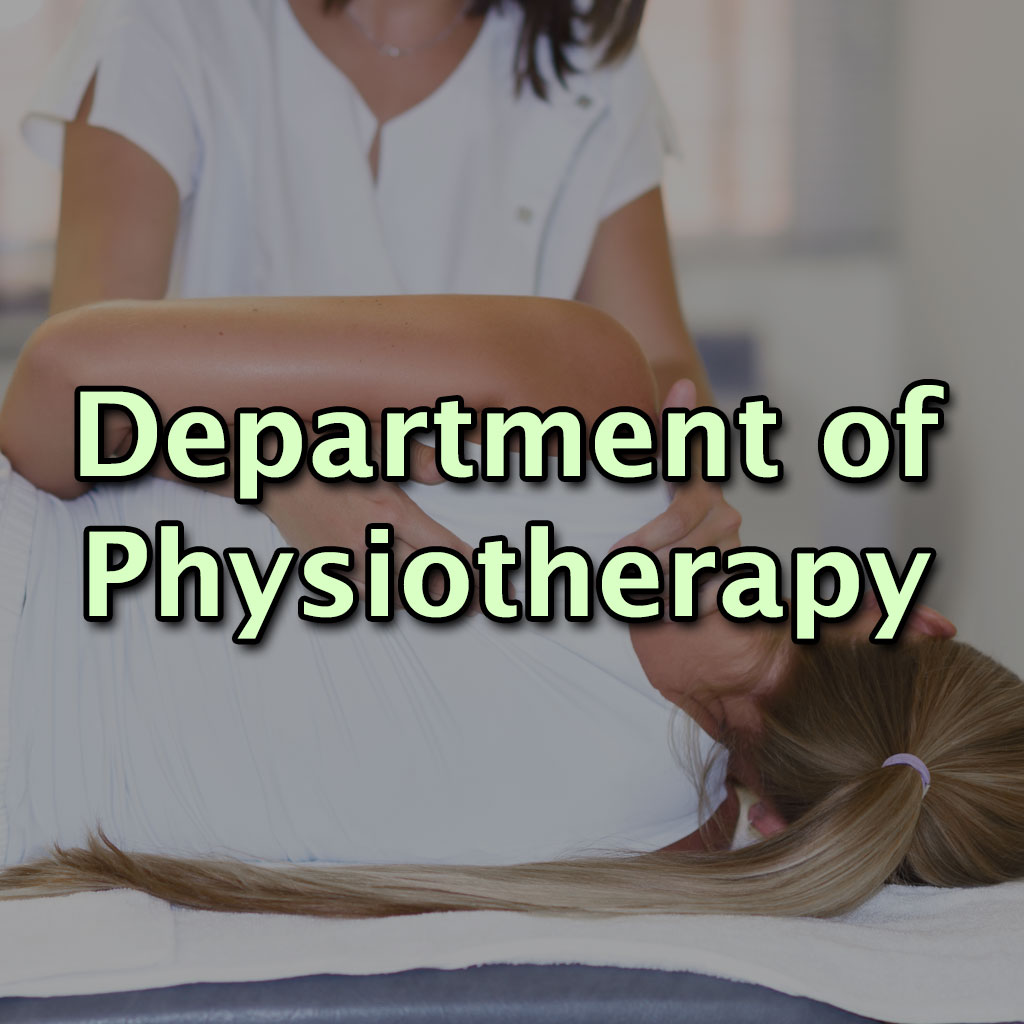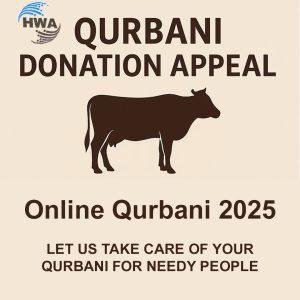Human Welfare Association – Community Health Services
🧑⚕ Introduction:
The Department of Physiotherapy at Human Welfare Association is dedicated to restoring, maintaining, and promoting optimal physical function and quality of life. Our services focus on non-invasive, movement-based therapy to aid recovery from injury, illness, or chronic conditions.
🎯 Our Objectives
To provide affordable, accessible physiotherapy services to the community.
To promote rehabilitation and mobility for patients of all ages.
To educate individuals on preventive care and healthy movement practices.
To support disability care through long-term physical therapy plans.
🛠 Services Offered
Musculoskeletal Rehabilitation (Back pain, Joint issues)
Neurological Physiotherapy (Stroke, Cerebral Palsy, Paralysis)
Post-operative Rehabilitation
Sports Injury Management
Pediatric Physiotherapy
Geriatric (Old Age) Care
Women’s Health Therapy (Postnatal, Pelvic Issues)
👨⚕ Our Team
Our team consists of:
Qualified Female Physiotherapists “Dr. Soha Salman”

🏥 Facilities Available
Fully-equipped therapy room
Exercise and traction beds
Assessment and record-keeping system
Separate therapy slots for women
🤝 Who Can Benefit?
Stroke survivors
Individuals with spinal cord injuries
Arthritis and joint pain sufferers
Children with developmental delays
The elderly face mobility challenges
Women recovering from childbirth or surgery.
Specific facilities and treatments provided by physiotherapists include:
Manual Therapy:
Hands-on techniques like massage, joint mobilization, and stretching to improve movement and reduce pain.
Exercise Therapy:
Prescribing and guiding patients through exercises to strengthen muscles, improve flexibility, and enhance overall function.
Electrotherapy:
Utilizing devices like TENS (transcutaneous electrical nerve stimulation) and ultrasound to reduce pain and promote healing.
Hydrotherapy:
Exercising in warm water to reduce pain, improve flexibility, and enhance muscle strength.
Acupuncture and Dry Needling:
Using thin needles to stimulate specific points on the body to relieve pain and muscle tension.
Rehabilitation Programs:
Developing and implementing tailored programs for post-surgery recovery, injury management, and chronic condition management.
Ergonomic Assessments and Advice:
Guiding proper posture and movement to prevent injuries in daily activities.
Assistive Devices:
Recommending and fitting patients with devices like braces, crutches, or orthotics to support movement and function.
Education and Prevention:
Teaching patients about their condition, pain management strategies, and how to prevent future injuries.
Specialized Treatments:
Addressing specific needs like women’s health issues, neurological conditions, or sports-related injuries.





